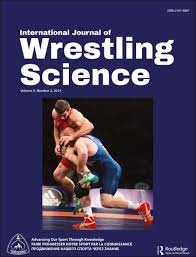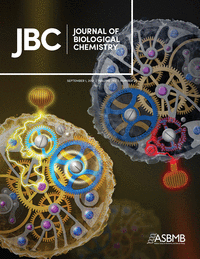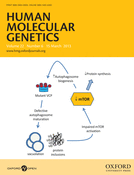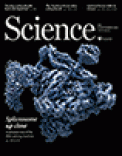 A journal devoted to wrestling science — we’re not sure if it’s the only one — has given the old reverse frankensteiner to a 2016 article whose authors stole much of their text from a conference presentation one of them had reviewed for the meeting.
A journal devoted to wrestling science — we’re not sure if it’s the only one — has given the old reverse frankensteiner to a 2016 article whose authors stole much of their text from a conference presentation one of them had reviewed for the meeting.
The article, “The Role of Goal Setting, Collectivism, and Task Orientation on Iranian Wrestling Teams Performance,” appeared in International Journal of Wrestling Science, a Taylor & Francis title. Its two authors were Hossein Abdolmaleki and Seyyed Bahador Zakizadeh, of the Islamic Azad University in Karaj, Iran.
Here’s the notice: Continue reading Rowdy Roddy Pilferer: Wrestling journal takes down plagiarized paper








